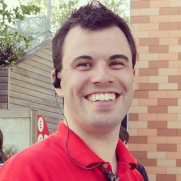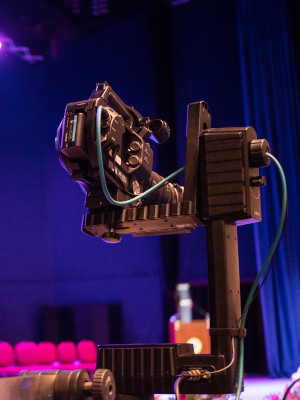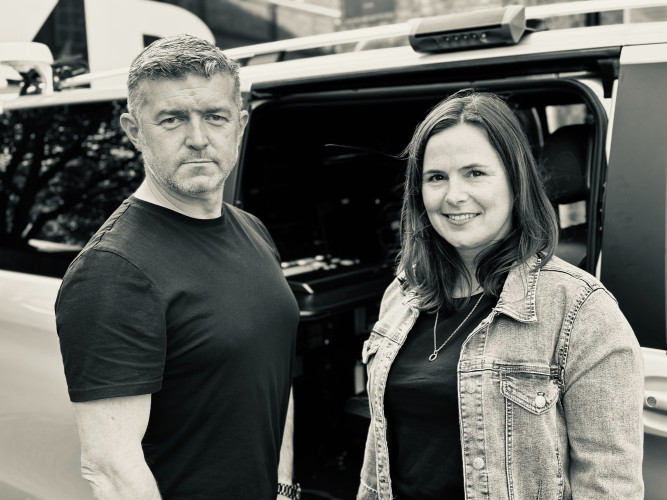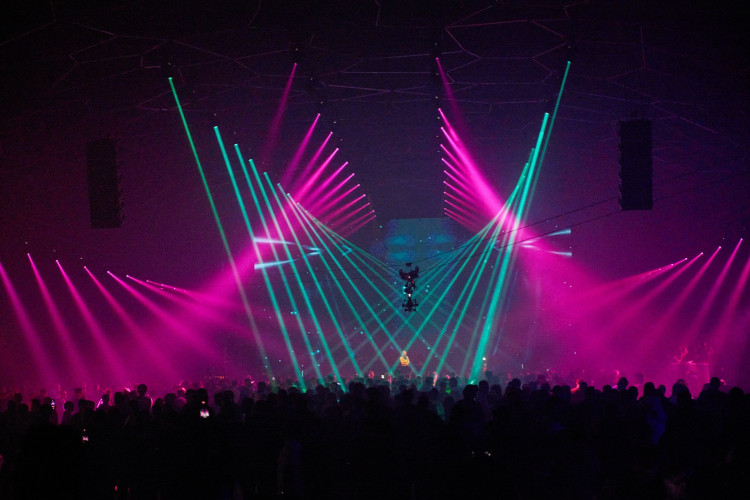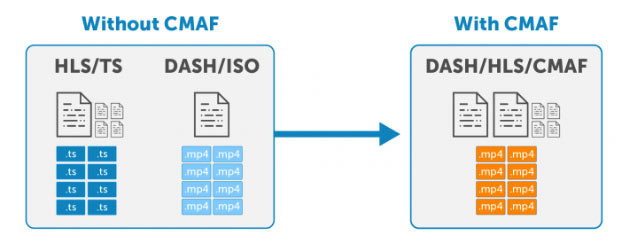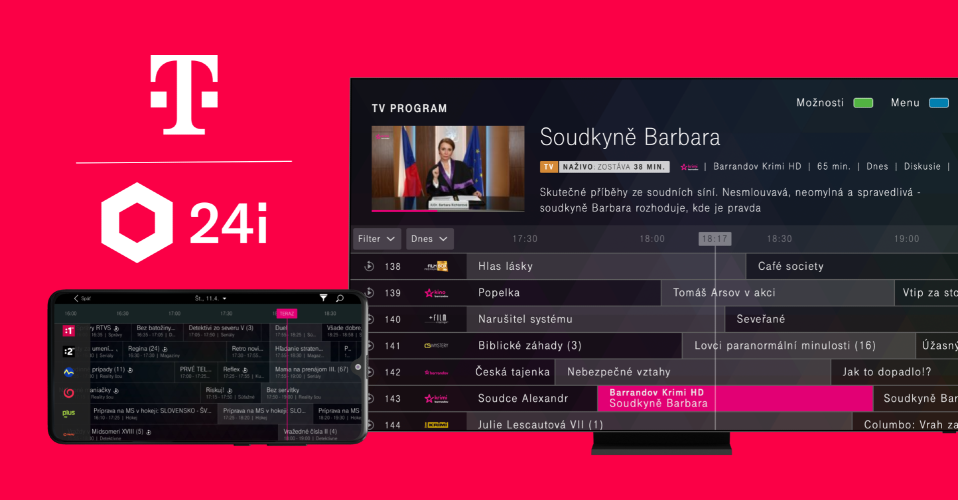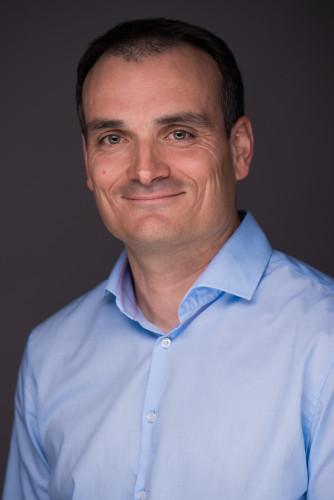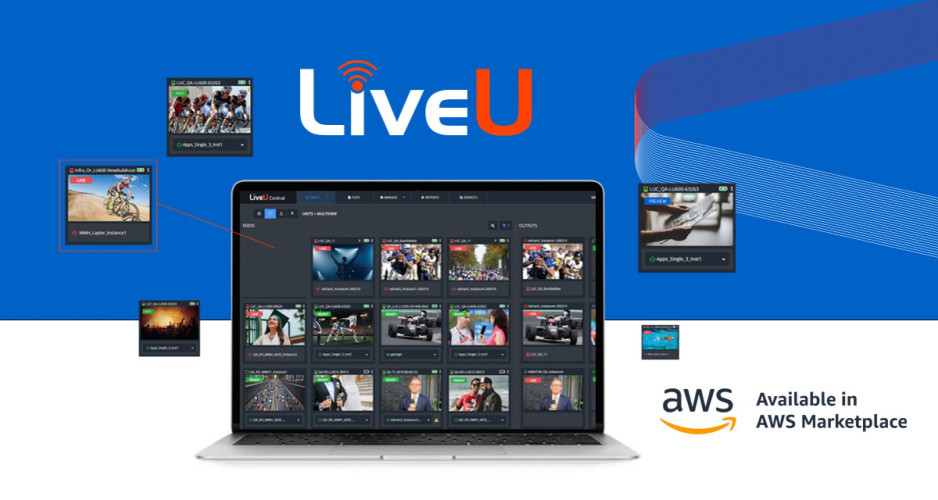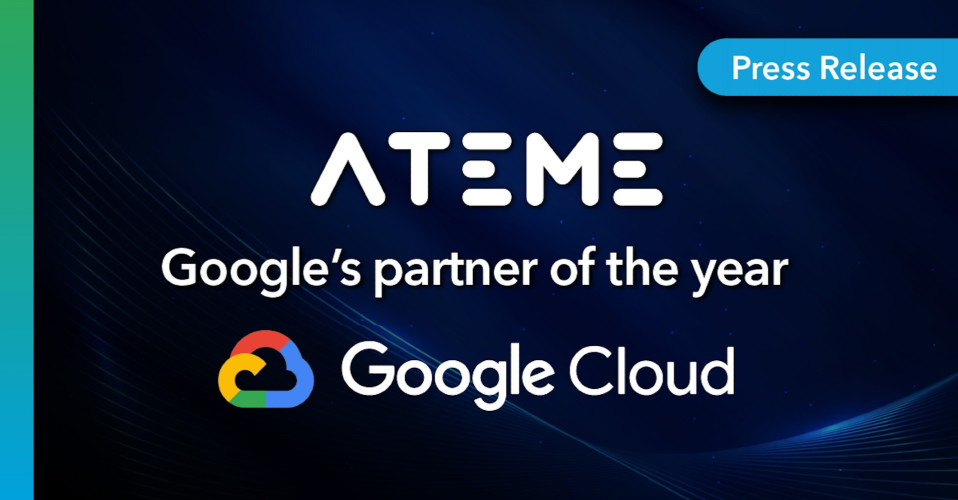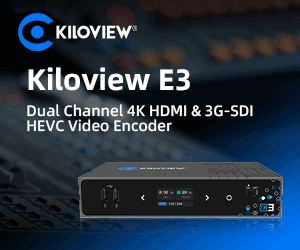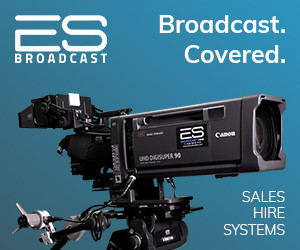Charlie Watts: "One of my biggest concerns as an academic responsible for the education of hundreds of students is the ‘appropriateness’ of much of the technology we purchase and implement within the curriculum. The last few years have seen tremendous change in all sorts of technologies, and the broadcast industry is just one sector that has seen some significant leaps in innovation. The real crucial stress point for anybody in this business is knowing when to change and make the all important investments that will reap the benefits from such technological advances. As hard as these decisions are for anybody in the business, I would suggest it is even harder for education. Higher Education especially has many demands on it from a whole host of interested stakeholders, and fee paying students will continually want value for money and a guarantee that curriculum and kit is relevant. There is little room for error, and when we purchase anything it has to be the right kit, the right price, and the right time to make such changes, and all of this would be made even harder without the right technicians giving great advice! So I hope I have set the scene for some of the reasons for why the University of Portsmouth have invested into NewTek’s Advanced IP Workflow, because it was this year that we decided to take the plunge and remotely produce and broadcast our live graduation ceremonies. So with that as some explanation and background, I now hand over to Michael Parsons, television studio technician, to continue with the story".
-------------
For the past ten years the University of Portsmouth Live Graduation ceremonies have been produced entirely on location at Portsmouth Guildhall, and this has become a popular and very slick operation watched by upwards of 3000 people per ceremony. The last ten years have seen much refinement of the broadcast, with every change managing to bring a slightly smoother workflow, and an extra polish to the production. However, one aspect that has not changed is in the set-up and breakdown of a vast amount of kit. The arduous task of uprooting most of our kit is something that has definitely made the operation problematic for many reasons, and the logistics of transport or avoidance of kit breakage are just some of the benefits for doing things differently. This is where Newtek’s IP Workflow comes into the picture, and because much of our broadcast infrastructure is built upon NewTek solutions, it made sense to explore the technology on offer.
The University of Portsmouth takes graduation very seriously, and our broadcast efforts were supported by the existing installation of a house data network in Portsmouth Guildhall for the very purpose of streaming graduation ceremonies. With a fast connected network in place we had the basis for a good IP broadcast foundation, and our standard practice up to this point has been to set up shop in the Guildhall, and broadcast to the Big Screen Portsmouth, around campus, and to the rest of the world via the web. This year however its all change, because the live web stream was remotely vision mixed from our campus-based TV Studio gallery, meaning significantly less equipment was required to be transported to Portsmouth Guildhall, and all recording, live streaming and media management could be quietly dealt with back at base.
One of the major benefits to working in this new way was in the enhancement of the overall production. In the past our live graduation streaming has always involved a bit of a trade off between those watching live in the auditorium, and those watching via the web, with the one stream having to cater to both. By remote visioning mixing the live web stream from another building we were able to free up a smaller Tricaster 460 Advanced Edition system that was based in the Guildhall to provide a dedicated auditorium big screen vision mix. This unit had 4 wired Sony PXW-FS7 cameras which were available to mix locally but also sent via NDI technology to the larger Tricaster 860 Advanced Edition system in the remote production gallery.
This local unit concentrated on showing exactly what the audience in the venue needed to see and was also the hub of any graphics or video that needed to be shown in the auditorium. Thanks to the power and flexibility of NDI it could also access the alternative remote mix as required for more complex parts of the ceremony and this could be shown will very little noticeable latency.
Meanwhile in the remote production gallery, with only those outside of the auditorium watching the web stream, the video production team could be far more creative and pacier with the mix, showing a variety of angles from a total of six cameras in the venue. These additional two cameras included a fixed wide angle of the stage (a Sony PXW-X70) being encoded by an NDI Spark unit and a Newtek NDIHX PTZ camera at the back of the stage which could be remote controlled and quickly adjusted from our presets. One of the key benefits of having a seperate mix that those in the auditorium couldn’t see, was the ability to include shots of graduands during speeches- something would have previously provoked a reaction from the crowd if shown live in the auditorium and potentially detract from the speaker at the lectern.
Undoubtedly there were some nerves about remotely vision mixing the ceremonies from another building. This was something we had not done before and the importance of the event meant we couldn’t really afford for anything to go wrong. However, an early test with a local college who also held their graduation ceremony in Portsmouth Guildhall helped alleviate any fears we may have had, and this gave us the confidence that our plan would work.
In total our remote production system received 7 NDI feeds (6 cameras + 1 programme mix from the auditorium big screen). Performance was relatively flawless across almost 30 hours of graduation live streaming. It was a great relief to successfully live stream 20 graduation ceremonies whilst providing a better experience for both audiences and generate less work during the setup/breakdown on location. Ultimately we managed to break down all kit in about an hour.
The possibilities unlocked by NDI and IP allow us to consider other remote production scenarios within our University. We now have the technology to remotely vision mix an important lecture or keynote speech, a sports fixture or some other significant event from the comfort of our TV Gallery - providing the IP network infrastructure exists on location.
In fact we are so confident in the future of remote production that we are currently upgrading our TV Studios to enable our two previously separate studio spaces to be produced from one gallery with investments in NDI Video, Dante Audio and IP talkback systems. As far as we are concerned the future is definitely IP.



